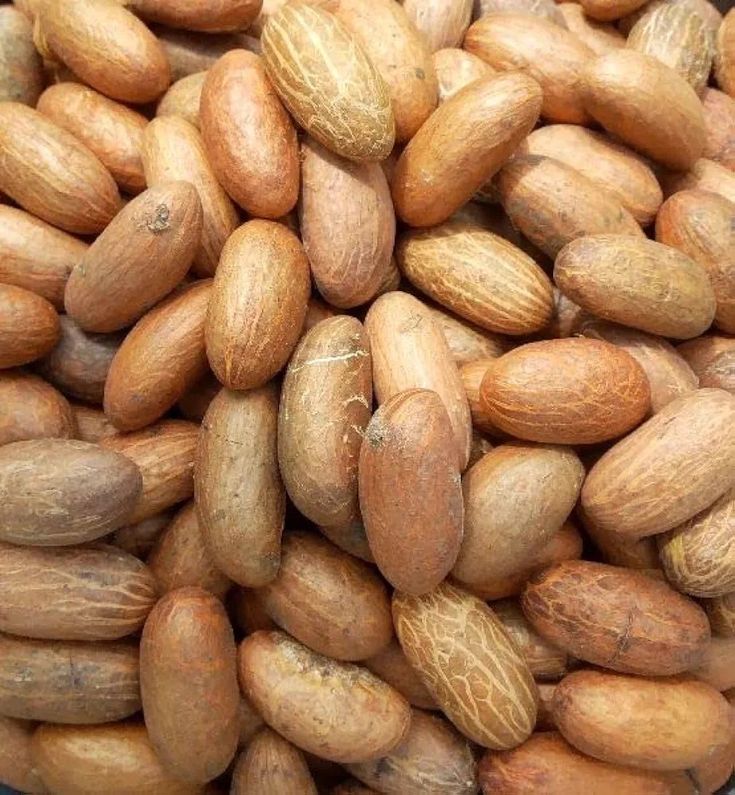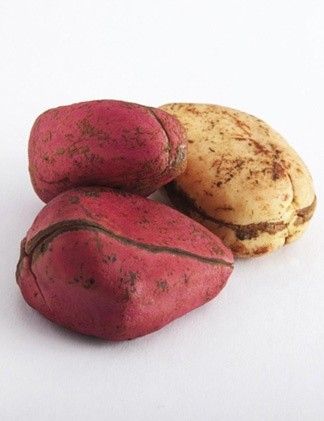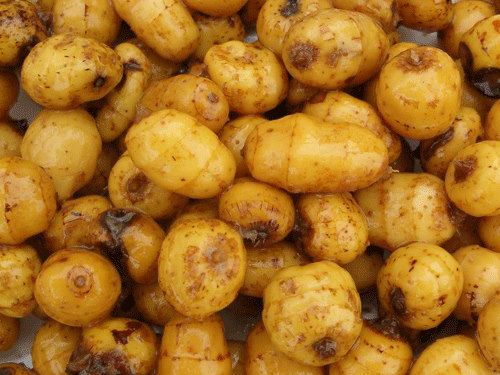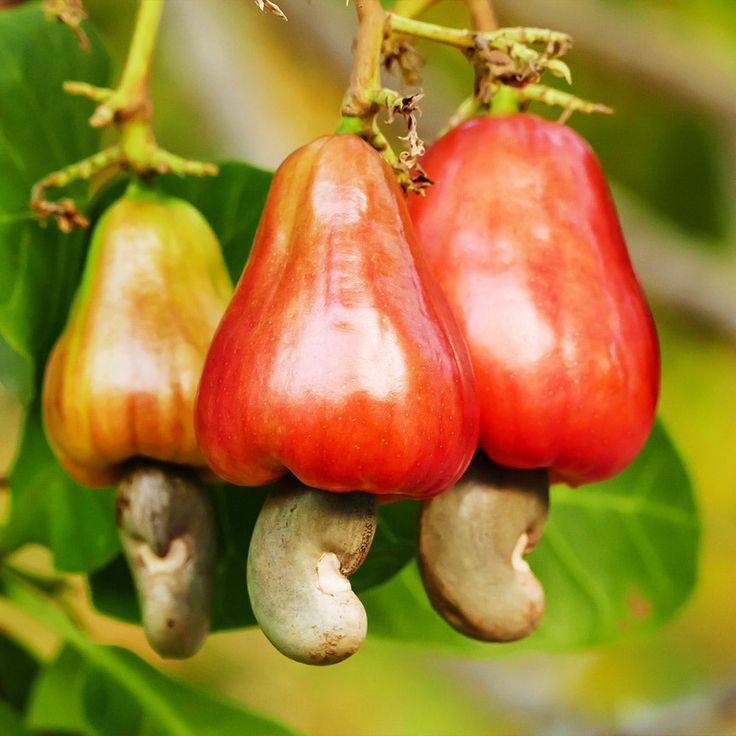What It Is
Black pepper is one of the most widely used spices globally, often referred to as the “King of Spices.” It is the dried unripe fruit of the pepper plant (Piper nigrum), native to South India but now cultivated in many tropical regions. The spice is highly valued for its pungent, aromatic flavor and medicinal properties. It is traded in different forms including whole peppercorns, ground powder, and oil extracts.
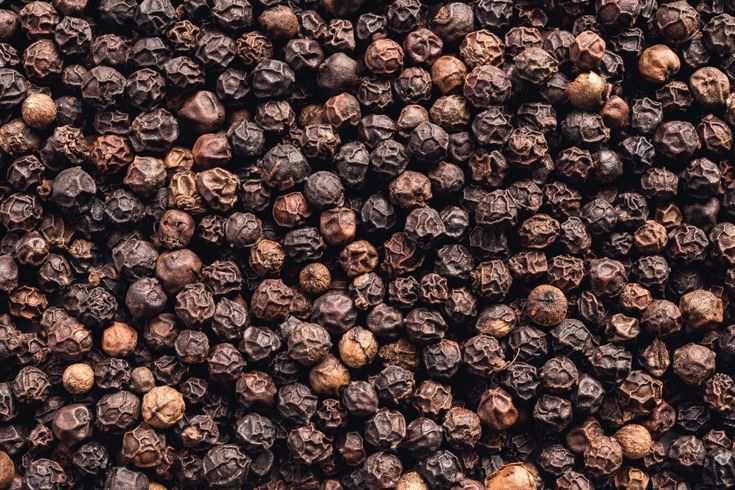
What Export of It Is
The export of black pepper involves processing, packaging, and shipping the spice to international markets where demand is high, especially in Europe, North America, Asia, and the Middle East. Exporters source the pepper from farmers, clean and dry it under strict hygienic conditions, and ensure compliance with international standards (such as moisture content below 12%). Proper packaging, grading, and certification are essential for acceptance in global markets.
Uses of Black Pepper
-
Culinary Uses
-
Widely used as a seasoning and flavor enhancer in soups, stews, sauces, and marinades.
-
Essential in spice blends such as curry powder, garam masala, and seasoning cubes.
-
Used in meat preservation and pickling.
-
-
Industrial Uses
-
Food Industry: Key ingredient in sauces, processed meats, and ready-to-eat meals.
-
Pharmaceutical Industry: Contains piperine, which enhances bioavailability of certain drugs.
-
Cosmetics: Used in perfumes, aromatherapy oils, and skincare products for its warming effect.
-
Nutraceuticals: Used in supplements for digestion, metabolism, and weight management.
-
Health Benefits
-
Rich in antioxidants that protect against cell damage.
-
Aids digestion and stimulates appetite.
-
Has anti-inflammatory and antibacterial properties.
-
Enhances nutrient absorption in the body.
-
May support weight loss and metabolism.
Export Specifications
-
Form: Whole peppercorns, crushed pepper, ground pepper powder, or oil extracts.
-
Moisture Content: Not more than 12%.
-
Foreign Matter: Below 1%.
-
Packaging:
-
Whole pepper: 25kg, 50kg polypropylene or jute bags.
-
Ground pepper: 10kg – 25kg sealed cartons with food-grade inner lining.
-
Retail packs: 100g – 1kg sachets or bottles.
-
-
Shelf Life: Up to 2 years when stored in a cool, dry place.
-
HS Code: 090411 (whole) / 090412 (crushed or ground).
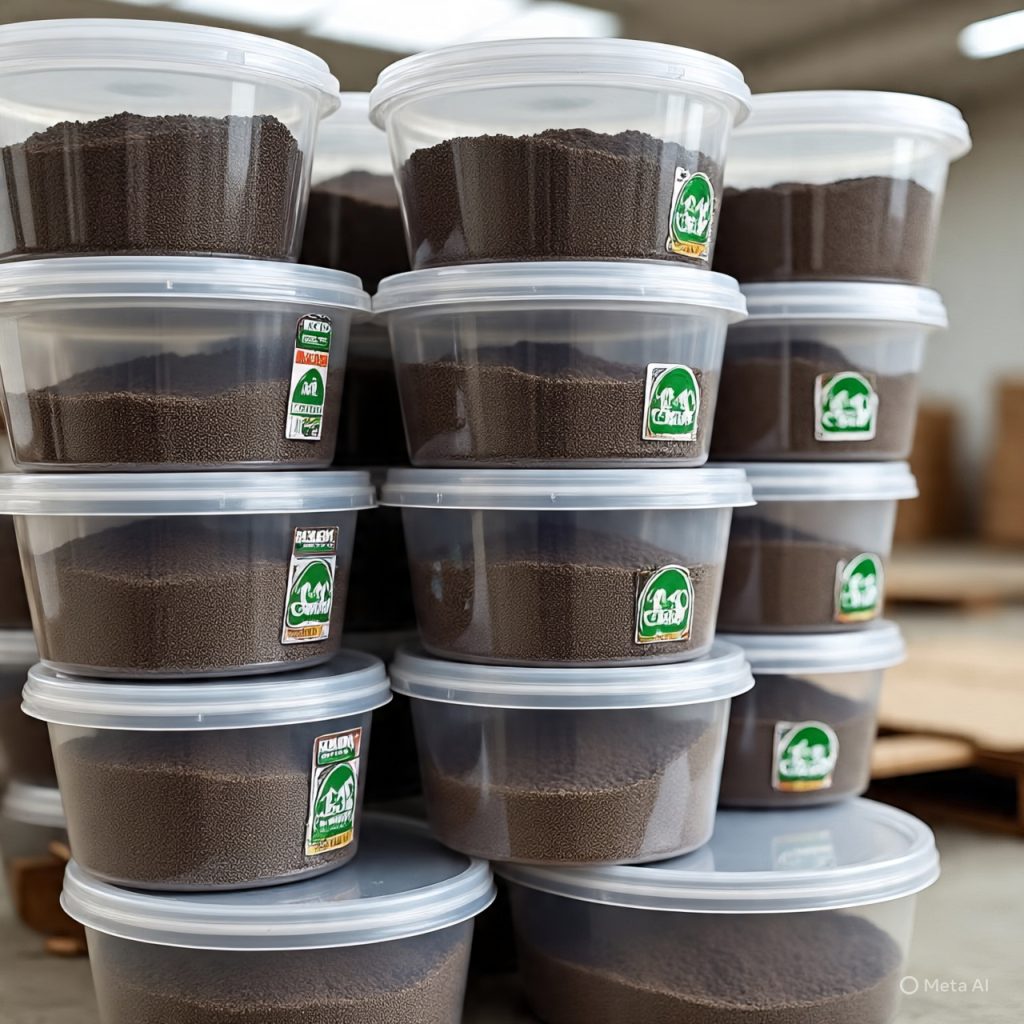
Packaging for Export
-
Bulk packaging for wholesalers/importers.
-
Vacuum-sealed packs for longer shelf life.
-
Branded retail packs (100g, 250g, 500g, 1kg) for supermarkets.
-
Eco-friendly options like biodegradable pouches are gaining popularity in Europe.
Major Importing Countries
-
Europe: Germany, Netherlands, UK, France.
-
North America: USA, Canada.
-
Asia: UAE, Saudi Arabia, India, China.
-
Africa: South Africa, Egypt.
Market Demand
Global demand for black pepper remains consistently high due to its role as a staple spice. The EU and USA import millions of metric tons annually, with a growing preference for organic black pepper. Exporters with certifications such as ISO, HACCP, and Organic Certifications have a competitive edge.
In summary, black pepper export is a lucrative business due to its high global demand, diverse uses, and strong market value. However, exporters must focus on quality assurance, proper packaging, and international trade compliance to succeed.


